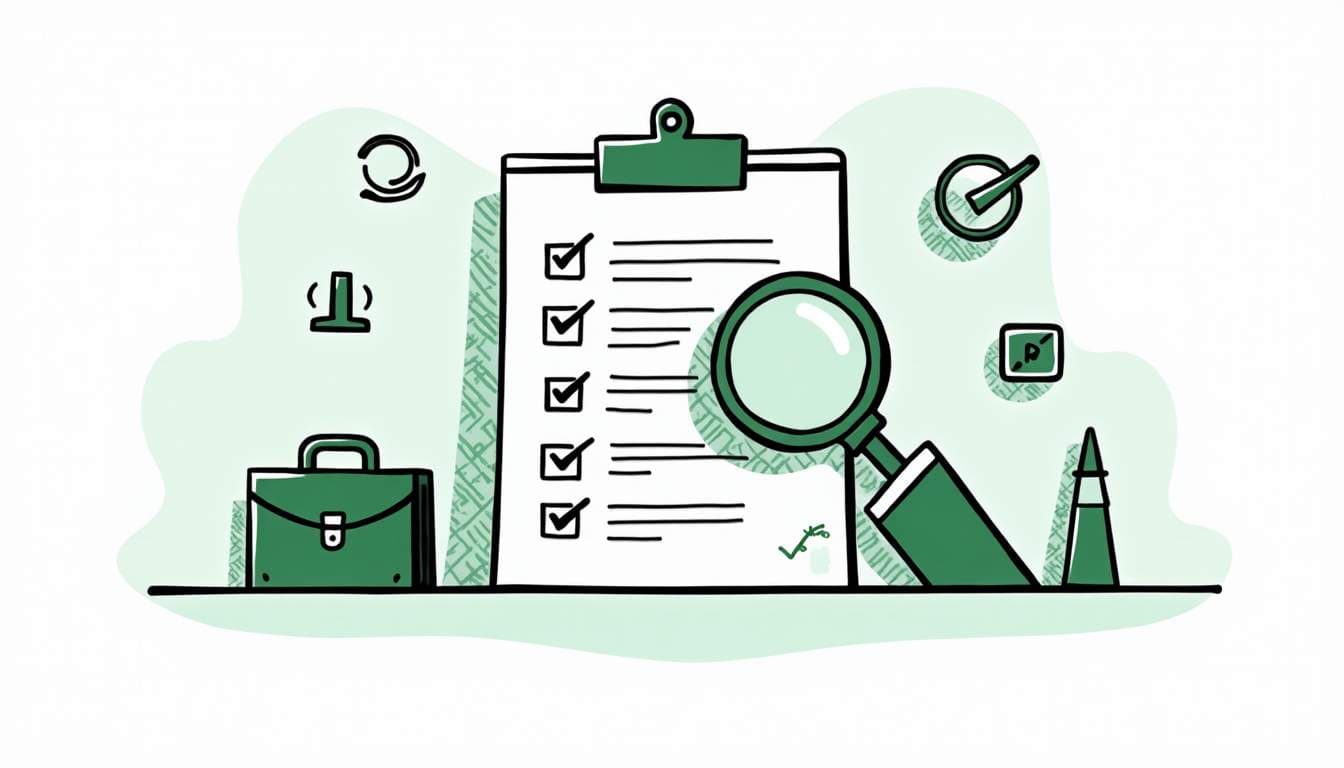In today’s competitive job market, landing an interview often requires more than just a polished resume. A well-crafted cover letter can significantly boost your chances of catching a hiring manager’s attention and securing that coveted interview. Despite some opinions that cover letters are outdated, research shows that they remain a vital part of the application process. This guide will walk you through the essentials of writing an effective cover letter that stands out for all the right reasons.
Why Cover Letters Still Matter
Many job seekers wonder if submitting a cover letter is worth the effort. The answer is a resounding yes. According to a survey by MyPerfectResume, 88% of job seekers believe that a cover letter improves their chances of landing an interview. This belief aligns well with hiring professionals’ perspectives. For instance, 65% of recruiters and hiring professionals still consider cover letters important in their recruitment processes, highlighting the continued relevance of this document.
Moreover, 83% of hiring managers report reading most cover letters, even in companies where they are not explicitly required. This demonstrates that a thoughtfully written cover letter can provide an edge, offering insights into your personality, communication skills, and motivation that a resume alone cannot convey.
In addition to showcasing your qualifications, a cover letter allows you to tailor your application to the specific job and company. By doing research on the organization and mentioning how your values align with theirs, you can create a compelling narrative that resonates with potential employers. This personalized touch not only shows your enthusiasm for the role but also indicates that you have taken the time to understand the company's culture and mission, which can set you apart from other candidates.
Furthermore, a well-crafted cover letter can serve as a platform to address any potential concerns that might arise from your resume. For example, if you have gaps in your employment history or are transitioning to a new industry, your cover letter provides the perfect opportunity to explain these circumstances in a positive light. By proactively addressing these issues, you can alleviate any doubts the hiring manager may have and reinforce your suitability for the position. Overall, investing time in writing a strong cover letter can significantly enhance your job application and increase your chances of making a lasting impression.
Key Elements of an Effective Cover Letter
Personalization is Crucial
One of the most significant pitfalls in cover letter writing is the lack of personalization. A study by the Society for Human Resource Management (SHRM) found that 60% of hiring managers view the absence of personalization as a major drawback. Generic cover letters that fail to address the specific company or role can quickly be dismissed.
To avoid this, research the company thoroughly and tailor your letter to reflect your genuine interest in the role and how your skills align with the company’s goals. Mentioning specific projects, values, or recent achievements of the company shows that you’ve done your homework and are truly invested in the opportunity. For instance, if the company recently launched a new initiative that resonates with your professional background, highlight how your previous experiences can contribute to its success. This not only demonstrates your enthusiasm but also positions you as a candidate who is proactive and engaged.
Clear Structure and Conciseness
An effective cover letter should be well-organized and concise. Hiring managers typically spend only a few seconds initially scanning each application, so clarity is key. Start with a strong opening paragraph that introduces who you are and why you’re applying. Follow with one or two paragraphs that highlight your relevant skills and experiences, and conclude with a call to action, such as expressing eagerness for an interview.
Keep your letter to one page, focusing on quality over quantity. Avoid repeating your resume verbatim; instead, use the cover letter to tell a compelling story that connects your background to the job requirements. Consider using bullet points for key achievements or skills to enhance readability, allowing the hiring manager to quickly grasp your qualifications. This structured approach not only showcases your ability to communicate effectively but also reflects your organizational skills, which are essential in any role.
Flawless Grammar and Spelling
Attention to detail is paramount in cover letter writing. According to Wifitalents, 77% of employers say that spelling or grammatical errors in a cover letter can disqualify an applicant. Such mistakes can create an impression of carelessness or lack of professionalism, no matter how strong your qualifications are.
Proofread your letter multiple times and consider asking a trusted friend or mentor to review it. Using tools like spell checkers is helpful but not foolproof—human review remains essential to catch subtle errors and ensure your tone is appropriate. Additionally, reading your letter aloud can help you identify awkward phrasing or unclear sentences, making it easier to refine your message. Remember, a polished cover letter not only reflects your professionalism but also sets the tone for how you will communicate in the workplace, making it a crucial element of your job application strategy.




![Cover Letter vs Resume: What Hiring Managers Actually Read First [2026]](/_next/image?url=%2Fapi%2Fmedia%2Ffile%2Fcoverletterandresume.png&w=3840&q=75)